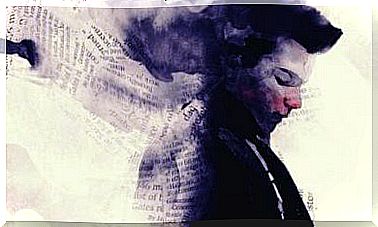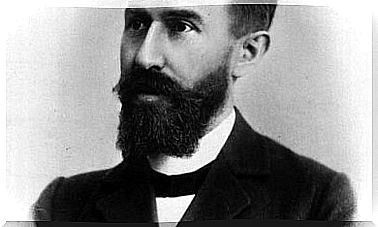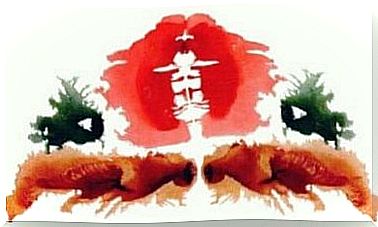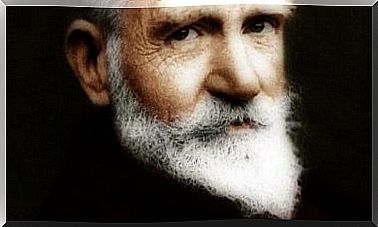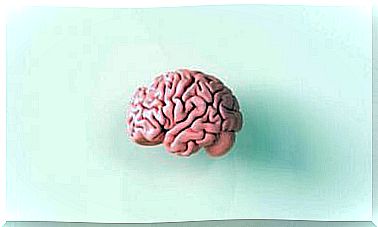12 Sworn Men: A Leader Can Change A Group’s Opinion
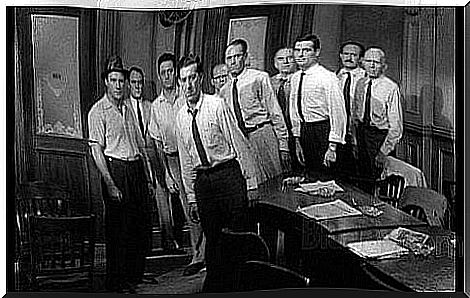
Initially, Reginald Rose wrote 12 Angry Men for TV. However, the producers later adapted the script for cinema and theater.
Reginald Rose grew up in the United States. He dedicated his life to writing for the screen, especially for television, during the 50’s. His screenplay reflected the growing interest in social and political issues. The films generally reflected a form of controversy with a clear and precise approach to reality at the time.
His most famous and successful work is 12 Sworn Men, in which he talks about human complexity. He dives into this topic, especially as the characters struggle with their emotions and realities while remaining as objective as possible. The TV series premiered in 1954. Later, Rose adapted the script for theater. After a huge success in the theaters, they shot the film in 1957, directed by Sidney Lumet. This is a film that best represents the collaboration between TV, theater and cinema.
The plot of 12 sworn men
12 sworn men have a complicated action, but the thread that connects it all is the jury consisting of 12 very different men. Together, they must reach an agreement on whether they consider the accused to be innocent or guilty. The suspect is accused of murder and the jury’s decision will have significant consequences.
At the beginning of the film, a trial of an 18-year-old boy ends. The 12 men must consider and decide if he is guilty of killing his father. If they find him guilty, his punishment will be the electric chair for indictment of first-degree murder.
At first it seems that the discussions will not last that long, and that they will decide that he is guilty. However, one of them is not so sure, and he maintains what he calls “a reasonable doubt”. This doubt, says the man, is one that should make the men consider the serious accusation. This man, who opposes the way others view, presents his arguments. He asks for a new vote to see if anyone else has changed their mind. After he asks to vote again, it becomes clear that the group is beginning to have some doubts.
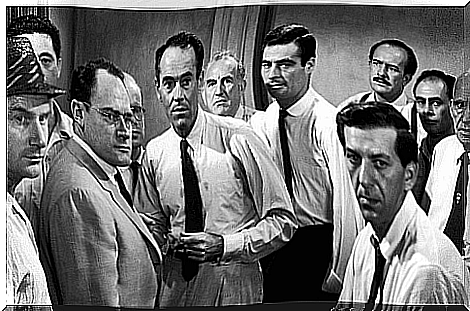
The group then decides to reconsider its decision and to analyze the case a little more closely. They discuss the evidence, the statements made by the witnesses, and then draw new conclusions. Through this consideration, these 12 angry men discuss their fears, their life experiences, and reveal their personalities. They also expose the prejudices they have.
12 sworn men: A leader’s ability to change a judgment
Reasonable doubt arises when all members of the jury want to decide a verdict quickly and come to an agreement on guilt. In a quick and thoughtless first vote, all but one of the jurors plead guilty to the crime.
It is at this point that the disparate leadership of the member shines through. The leader finally makes the other men doubt the accused’s guilt. This character leads to deep thought. Let’s take a moment and use this character to talk about the qualities that make a good leader.
A leader must know how to listen
Throughout this film, the main character listens carefully to each and every one of the opinions. He does not succumb to the temptation to disrupt the discussion and the rest of the jury. The simple thing of listening allows you to gather information and identify problems, make decisions and resolve conflicts.
He makes his teammates feel important and integrated. This makes it easier for them to be committed. This commitment allows men to become emotionally involved in the debate.
A good leader is confident
The jury members will decide the case as soon as possible and continue with their lives. However, the leader fights against this trend while expressing his disagreement. Being alone with the majority is not an easy task. By being so, you expose yourself and become vulnerable.
In the same way, a leader expresses his true feelings and opinions no matter what others think. Leaders are aware of their responsibilities and take them on, even if it puts them in a difficult position. In addition, a good leader is able to remind the group that the decisions they make as a group have consequences.
A leader leads, coordinates and moderates
The main character moderates the discussion between the jury members. He manages and resolves conflicts to ensure that communication is fluid and effective. He also knows when to reflect on himself and how to communicate.
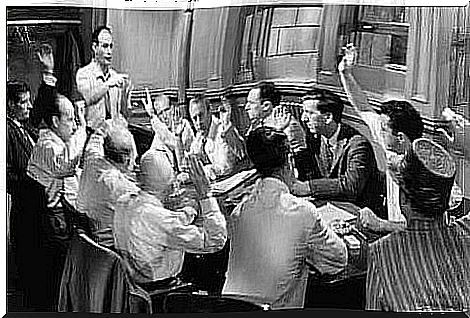
A leader should be honest
Our leader in the film is not closed or secret. In the first ballot, he votes innocently because he wants an open debate. He does not necessarily want to argue with his colleagues, but he will do what he thinks is right. He is aware that if he does not speak out against the majority, there will be no debate and they will sentence the boy to death.
In that sense, he is honest about his feelings. He does not keep quiet. Rather, he expresses his doubts. He is also honest in the fact that he is not sure what to believe and that is why he wants to hear the opinions of others. This is how he begins to understand others. His sincerity is his best tool for resolving doubts or conflicts.
12 sworn men: Analysis and solutions
In the course of 12 sworn men, we can see how the leader sees the opportunity to give his opinion and make the rest of the group have doubts. With great power and ability to analyze people, he tries to give the group a new round of facts.
It is undeniable that because of the reasonable doubt that arises, the verdict must be “innocent”. However, it is difficult to distinguish between the probable and the possible. This leaves the viewer with the freedom to judge for themselves whether the film ended with an innocent or guilty verdict.

